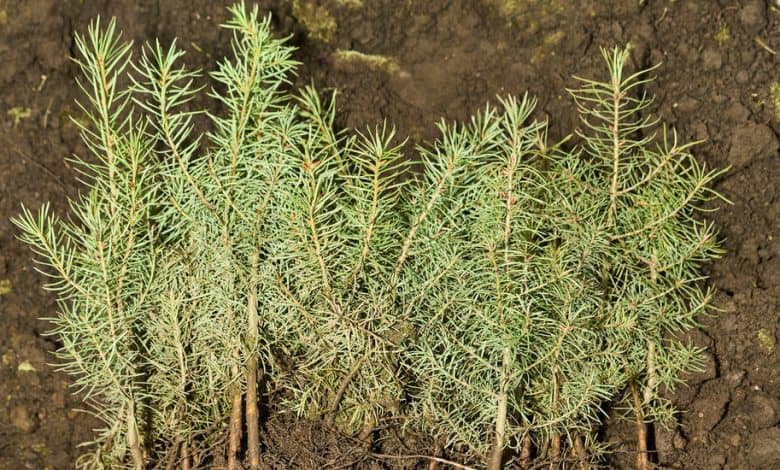How to Revive a Burned Forest? Rebuild the Tree Supply Chain

When it came to wildfires, 2021 was an increasingly common kind of year in Montana: Flames consumed 747,000 acres, an area nearly the size of Long Island.
About 2,700 of those acres were on Don Harland’s Sheep Creek Ranch, where ever-drier summers have turned lodgepole pines into matchsticks ready to ignite. After the smoke cleared, Mr. Harland found creeks running black with soot and the ground hardening more with every day that passed.
A former timber industry executive, Mr. Harland knew the forest wouldn’t grow back on its own. The land is high and dry, the ground rocky and inhospitable — not like the rainy coastal Northwest, where trees grow thick and fast. Nor did he have the money to carry out a replanting operation, since growing for timber wouldn’t pay for itself; most of the nearby sawmills had shut down long ago anyway. The state government offered a few grants, but nothing on the scale needed to heal the scar.
Then a local forester Mr. Harland knew suggested he get in touch with a new company out of Seattle, called Mast. After visiting to scope out the site, Mast’s staff proposed to replant the whole acreage, free, and even pay Mr. Harland a bit at the end. Mast, in turn, was to earn money from companies that wanted to offset their carbon emissions and would put millions of dollars into planting trees that otherwise wouldn’t exist.
Mr. Harland said he had his doubts about the carbon-selling part of the plan, but he was impressed with Mast’s operations, so he said yes.
Two years later, after seeds had been collected from similar trees on nearby lands, crews of planters came out with bags full of seedlings, rapidly plunking them into the ashen ground. As part of the deal, Mr. Harland signed an agreement to let the trees grow for at least 100 years, so they can keep sucking greenhouse gases out of the air as they mature.